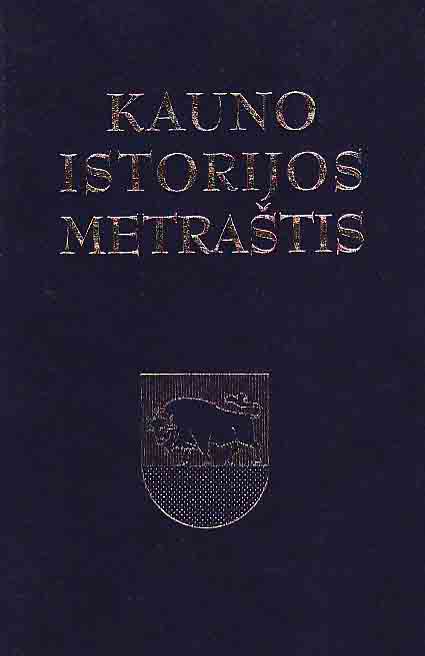Pigių butų kolonijos Kaune XX a. 3–4 dešimtmečiais: socialinio būsto sistemos veikimo apžvalga
Cheap Social Housing in the Third and the Fourth Decades of the 20th Century in Kaunas
Author(s): Mindaugas BalkusSubject(s): History
Published by: Vytauto Didžiojo Universitetas
Keywords: cheap social housing; living conditions
Summary/Abstract: The article analyses the functioning of cheap social housing in the third and the fourth decades of the 20th century in Kaunas. Due to the “apartment crisis” in Kaunas, which took place in the third decade of the 20th century, a number of lower class citizens were unable to find accommodation. The first cheap blocks of flats for the exiles were built in 1921. By 1936, the number increased to six buildings in Kaunas and its suburbs, specifically, in Žaliakalnis (in the former barracks) and in the Second and the Third Forts. The inhabitants of the cheap social housing were Kaunas citizens living under poor conditions (with the status of “the propertyless”). They had to pay a fixed monthly rent, which varied depending on the size of the apartment. Inhabitants could be evicted from the apartments in case of severe house rule violation or big debts. Appointed supervisors were responsible for the house order, whereas the common premises and the yard were managed by the inhabitants. The living conditions in the blocks of flats were poor: they were small, dirty and damp, and without conveniences. The majority of inhabitants were women and children. The public opinion of those times with respect to the social housing was largely negative. The dwellers were stereotyped as idlers, thieves and reprobates. It was assumed that the environment of these cheap flats was particularly harmful for the socialization of their inhabitants (especially the youth). Due to the anti-sanitary conditions and damage situation, the cheap blocks of flats were destroyed in 1933. The former inhabitants were divided into two groups. The first group was given allowances for private flat rent, whereas the second group (living under extremely poor conditions) was accommodated in the two reformed blocks of flats, referred to as family housing.
Journal: Kauno istorijos metraštis
- Issue Year: 2012
- Issue No: 12
- Page Range: 51-64
- Page Count: 14
- Language: Lithuanian

